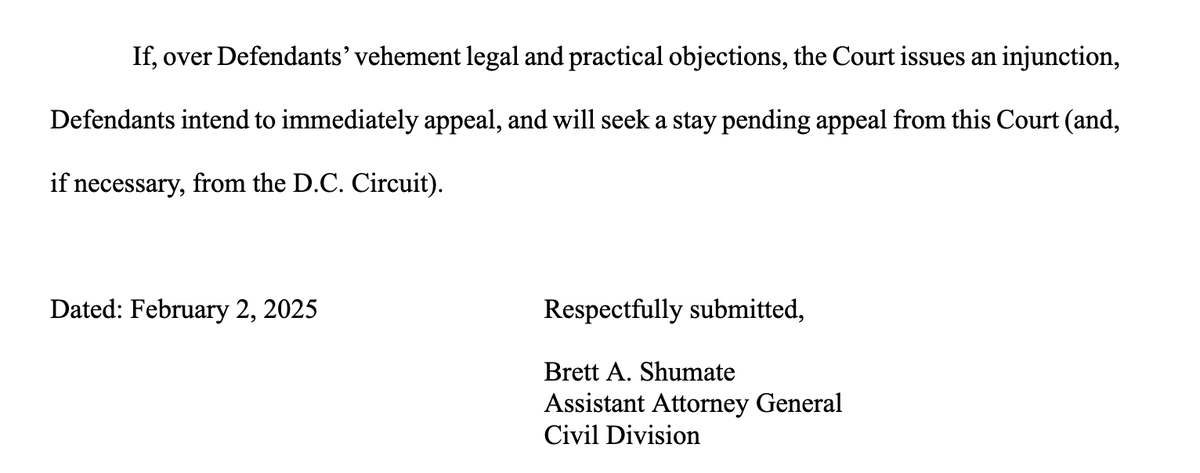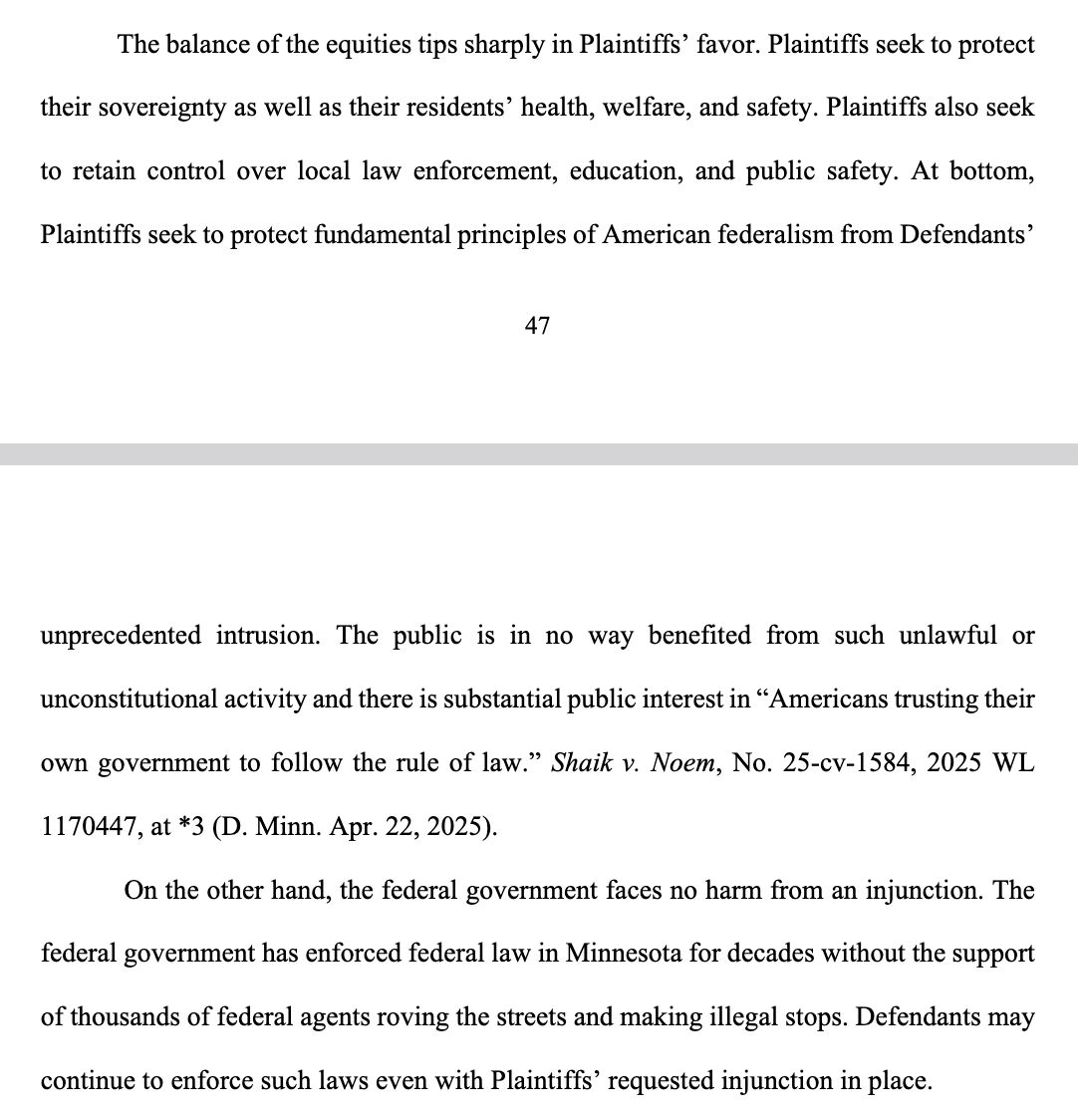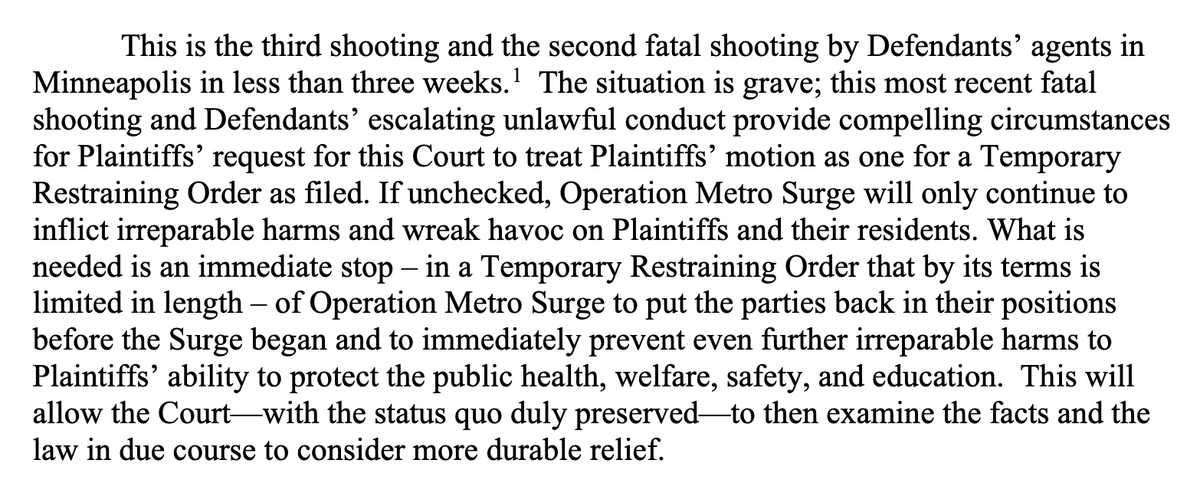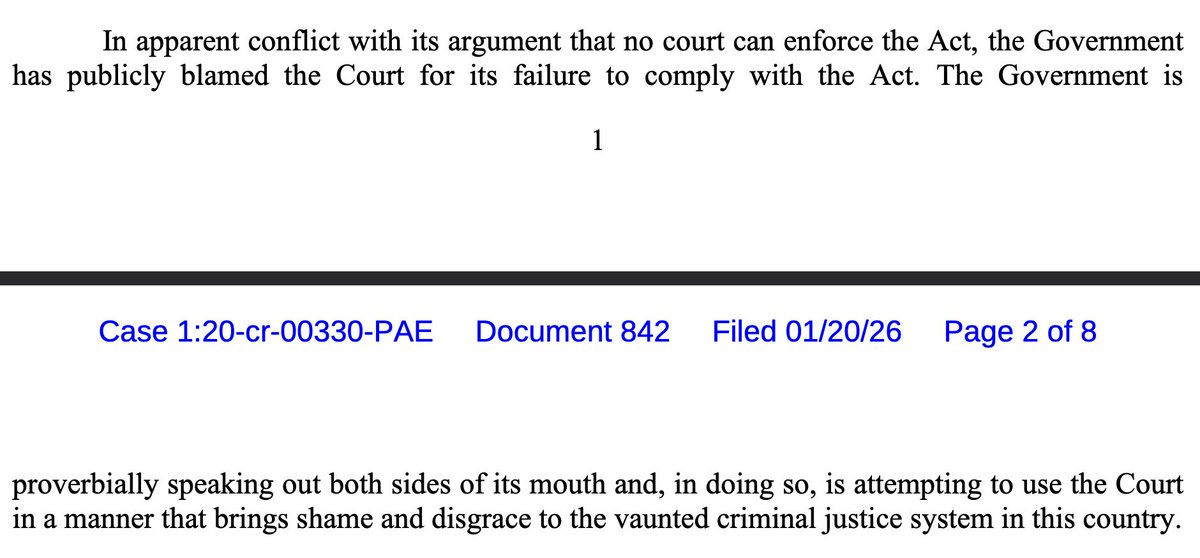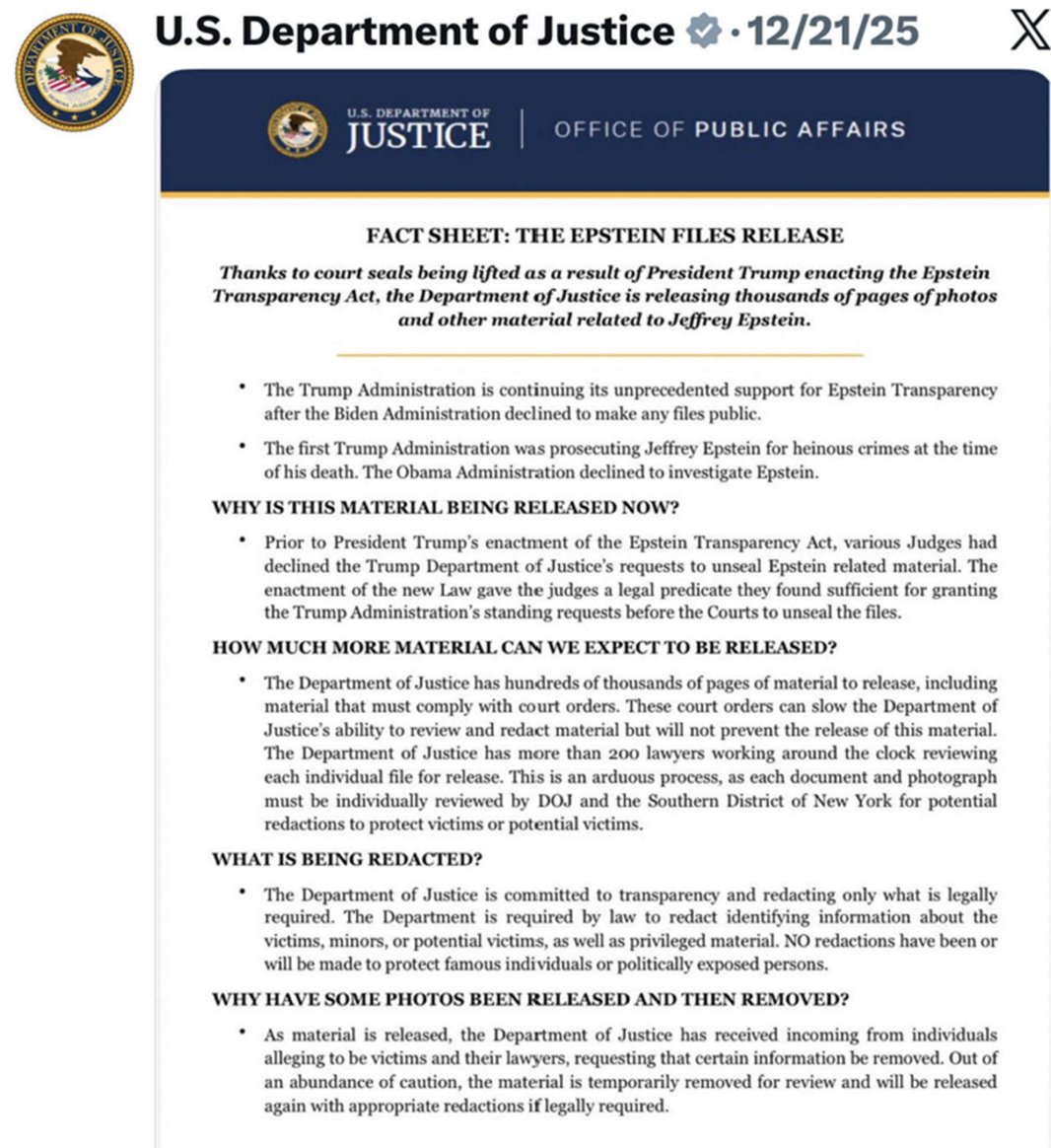Good morning from New York.
After a Manhattan judge delivers his instructions, a jury of Trump's peers will begin a historic process: deliberations to determine whether to convict a former U.S. president of felonies.
As always, I will be reporting live from the courtroom. 🧵
After a Manhattan judge delivers his instructions, a jury of Trump's peers will begin a historic process: deliberations to determine whether to convict a former U.S. president of felonies.
As always, I will be reporting live from the courtroom. 🧵
Trump has entered the courtroom, followed by his entourage.
The daily photography session has begun.
Manhattan District Attorney Alvin Bragg, who has appeared only occasionally, is not in the courtroom this morning.
The daily photography session has begun.
Manhattan District Attorney Alvin Bragg, who has appeared only occasionally, is not in the courtroom this morning.
"All rise."
The jury is entering, and some appear more dressed up than usual — ready to work.
Justice Merchan tells them that he will now instruct them on the law.
The jury is entering, and some appear more dressed up than usual — ready to work.
Justice Merchan tells them that he will now instruct them on the law.
Merchan notes that none of his rulings should suggest that he has an opinion about this case, and if any of them has that impression, they should disregard it.
"You are the judges of the facts."
"You are the judges of the facts."
Merchan gives the usual analogy for circumstantial evidence.
If jurors fell asleep, and they woke up to find the sidewalk is wet, they may conclude that it rained overnight.
(Another variation of this analogy is jurors seeing someone shaking a wet umbrella inside the court.)
If jurors fell asleep, and they woke up to find the sidewalk is wet, they may conclude that it rained overnight.
(Another variation of this analogy is jurors seeing someone shaking a wet umbrella inside the court.)
Merchan reiterates that evidence about AMI's non-prosecution agreement can help jurors gauge David Pecker's credibility and learn context, not to determine Trump's guilt or innocence.
So too with the FEC investigation and Cohen's guilty plea for FECA offenses, the judge adds.
So too with the FEC investigation and Cohen's guilty plea for FECA offenses, the judge adds.
Next instruction, summarized:
The WSJ articles can be used only for the fact of their publication and what happened in the aftermath of the printing, but the reported facts inside the articles aren't evidence.
The WSJ articles can be used only for the fact of their publication and what happened in the aftermath of the printing, but the reported facts inside the articles aren't evidence.
Merchan:
"The burden of proof never shifts from the People to the Defendant."
If the jury finds the People didn't carry that burden, they must acquit, but they must convict if they find prosecutors met it.
He moves on to the concept of proof beyond a reasonable doubt.
"The burden of proof never shifts from the People to the Defendant."
If the jury finds the People didn't carry that burden, they must acquit, but they must convict if they find prosecutors met it.
He moves on to the concept of proof beyond a reasonable doubt.
Merchan notes that reasonable doubt doesn't require absolute certainty of guilt, but it's not enough to find the defendant is "probably" guilty.
"You should be guided solely by a full and fair evaluation of the evidence."
"You should be guided solely by a full and fair evaluation of the evidence."
Merchan instructs jurors on how to evaluate witness credibility — again, with highly typical instructions on how they can use their own judgment on when to disregard testimony in full or in part if they believe a witness has lied.
Merchan defines a "thing of value" under FECA, under federal election law, before moving on to the press exemption for the "normal" and "legitimate press function."
Merchan moves on to another prosecution theory of "unlawful means" under New York election law: falsifying other business records.
These go beyond the indictment's 34 checks, invoices and ledger entries. They include the bank records for the shell companies used in the payoffs.
These go beyond the indictment's 34 checks, invoices and ledger entries. They include the bank records for the shell companies used in the payoffs.
Merchan instructs that the tax fraud offenses do not require proof of an underpayment of taxes.
What matters, Merchan notes, is the submission of false documents to tax authorities.
Merchan reviews the law of the press exception again.
Merchan informs jurors that their verdict must be unanimous.
After the judge finishes his instruction, the attorneys meet for a sidebar.
Merchan has sent the jurors to begin their deliberations.
When they leave for the deliberations room, the judge praises the alternates for their time and attention but does not excuse them yet.
When they leave for the deliberations room, the judge praises the alternates for their time and attention but does not excuse them yet.
• • •
Missing some Tweet in this thread? You can try to
force a refresh


